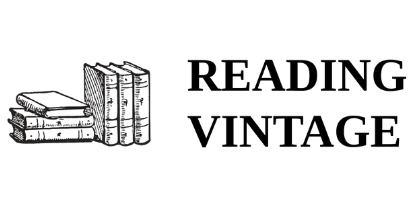February 27, 2024
In 2024, the literary world is witnessing a remarkable resurgence in reading old books. In the past year, these treasures, once confined to dusty shelves, have gained renewed popularity as readers seek to explore timeless stories and universal themes. Let's dive into this exciting trend and see how classic works are finding relevance in our contemporary society.
A Resurgence of Interest in Classic Literature: 2024 has seen a significant revival of the pursuit of reading old books driven by nostalgia and a newfound appreciation for their relevance to contemporary issues. The universal themes these books explore, their historical significance, and their timeless wisdom drive this resurgence.
Impact of Digital Technology and Social Media: E-books and audiobooks have improved the accessibility of classic literature. Social media and online communities promote books, introducing them to new readers.
Continued Relevance and Adaptation: Classic literature stays relevant through adaptations into modern media revitalizing interest and showcasing its timeless nature.
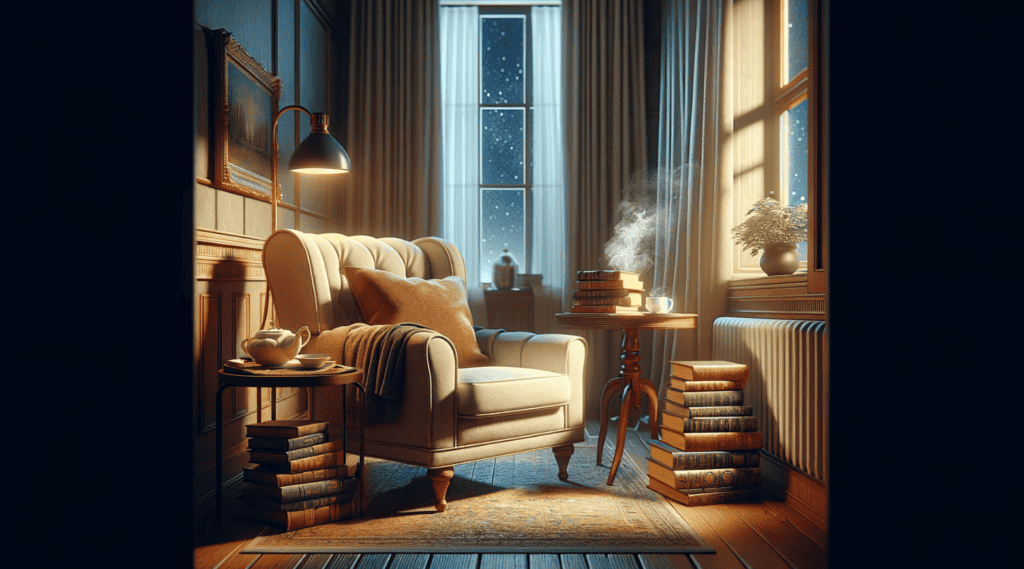
Explore the evolution of classic literature with the "A Journey Through Time" guide. It illuminates the transformation of literary art from ancient epics to 21st-century narratives. Visual themes capture each era's essence, highlighting influential works and authors and showcasing changing societal values and artistic expressions.
| Era | Key Works & Authors | Visual Elements & Themes |
|---|---|---|
| Ancient Literature (up to 5th century AD) | "The Iliad" and "The Odyssey" by Homer, "Oedipus Rex" by Sophocles | Ancient scrolls or tablets, Greek columns |
| Middle Ages (5th to 15th century) | "The Divine Comedy" by Dante Alighieri, "Canterbury Tales" by Geoffrey Chaucer | Gothic elements, illuminated manuscripts |
| The Renaissance (14th to 17th century) | Plays by William Shakespeare, "Don Quixote" by Miguel de Cervantes | Renaissance art, quill and ink |
| The Enlightenment (17th to 19th century) | "Pride and Prejudice" by Jane Austen, "Moby Dick" by Herman Melville | Elegant script, Enlightenment-era imagery |
| Romanticism (late 18th to mid-19th century) | "Jane Eyre" by Charlotte Brontë, "Wuthering Heights" by Emily Brontë | Romantic era paintings, ornate book covers |
| Victorian Era (19th century) | "Great Expectations" by Charles Dickens, "Sherlock Holmes" stories by Arthur Conan Doyle | Victorian design, images of London |
| Early 20th Century | "The Great Gatsby" by F. Scott Fitzgerald, "Ulysses" by James Joyce | Art Deco style, 1920s motifs |
| Mid to Late 20th Century | "To Kill a Mockingbird" by Harper Lee, "One Hundred Years of Solitude" by Gabriel García Márquez | Postmodern design, civil rights movement and Latin American landscapes |
| 21st Century | Contemporary yet-to-be classic literature | Digital era imagery, e-book readers |
As we reflect on this, it becomes evident that literature is not just a collection of stories and ideas. But a mirror reflecting humanity's evolving spirit. From the heroic tales of ancient Greece to the digital narratives of today, literature continues to be a powerful medium. That captures the complexities of human experience and imagination.
This journey through literary and music history is not just about understanding the past. It's about appreciating how these timeless works continue to influence and inspire our present and future.
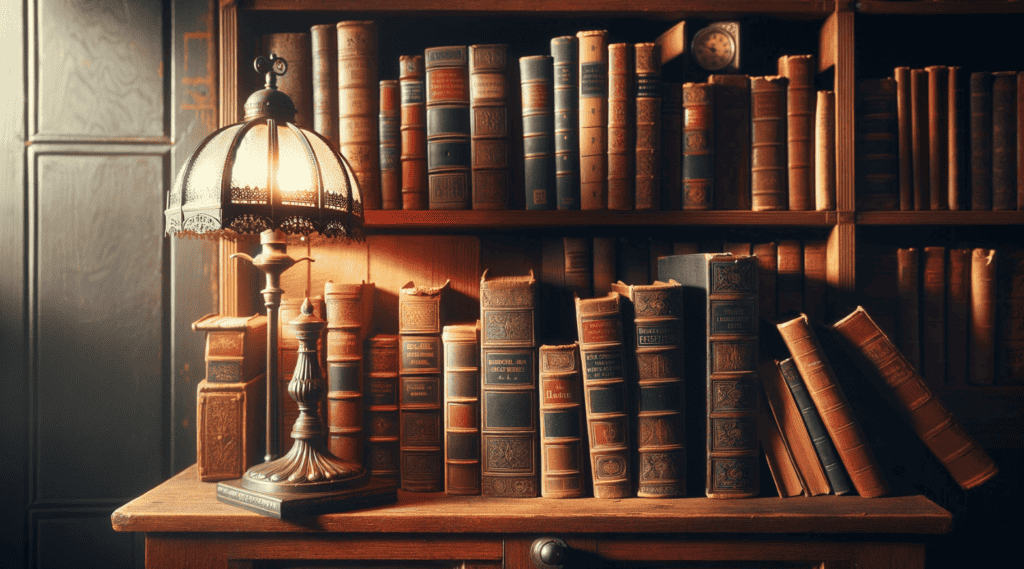
The charm of classic books, such as the works of Jane Austen or the adventurous tales of "Huckleberry Finn," continues to captivate readers. Originally published centuries ago, these books hold a sense of timeless wisdom and provide a window into the past generations that penned them.
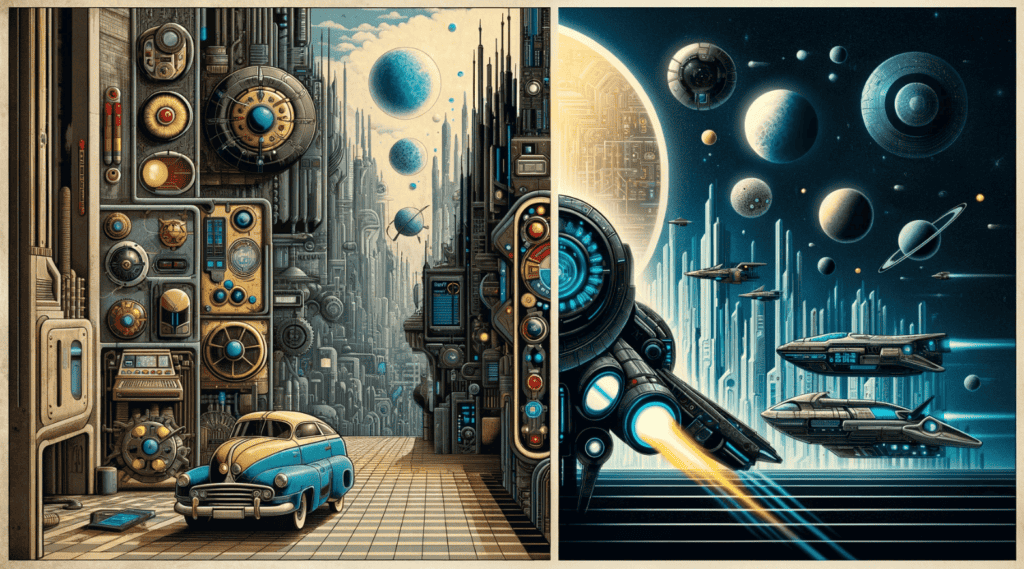
The science fiction genre, with classics like the works of Octavia Butler, has always been a bridge between the past and the future. These stories, written long ago, often portrayed futuristic worlds that are intriguingly relevant to the modern world we live in today.
Exploring New Worlds and IdeasGhost stories, often tales found within the few pages of an old book, have an enduring allure. These tales, sometimes just a story long, bring a mix of suspense and fascination, making them perfect for a young girl or boy looking to explore the world's mysteries.
From the eerie tales of "Christmas Carol" to the spine-chilling stories of M.R. James, ghost stories provide a quick yet impactful reading experience.
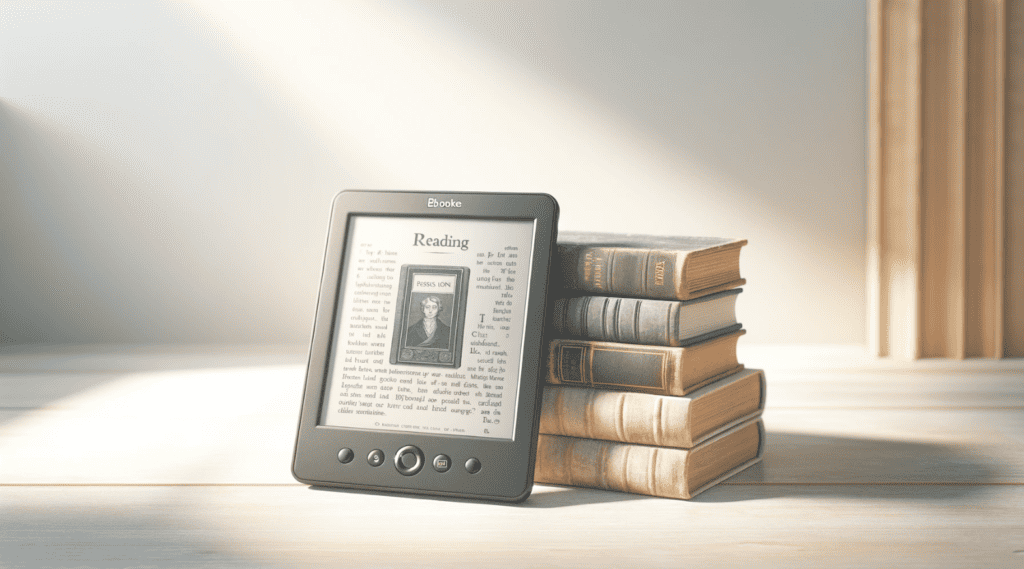
As we read these old books in the present, we gain a deeper understanding of history and life. These books are more than just stories; they are narratives that connect us to the mental horizons of past generations.
Re-reading classics such as "Moby Dick" and "Huckleberry Finn" transcends the point of mere acquisition of knowledge; it significantly broadens our mental horizons. These works open up a myriad of viewpoints, deepening our understanding and empathy.
These classics offer glimpses into their respective eras, enriching our understanding of different cultures and historical contexts. "Moby Dick" immerses us in 19th-century maritime life, while "Huckleberry Finn" explores American societal norms along the course of the Mississippi River.
With themes ranging from obsession and revenge in "Moby Dick" to race and freedom in "Huckleberry Finn," these books encourage readers to grapple with complex moral and ethical dilemmas, fostering more profound empathy and understanding of diverse human experiences.
Engaging with these stories enhances analytical skills as readers dissect character motivations and thematic elements. This sharpens critical thinking and promotes personal reflection and growth, helping readers develop a more informed and comprehensive worldview.
In essence, classics like "Moby Dick" and "Huckleberry Finn" are more than just stories; they are tools for expanding our understanding of the world, both past and present, and enriching our personal and intellectual growth.

A New Perspective with Each Reading
Classic literature, with its intricate story layers and timeless themes, provides a unique experience with each reading. Books like "Jane Austen's Pride and Prejudice" are exemplary in this regard. Every revisit to such works uncovers new insights and perspectives, highlighting the depth and complexity inherent in these texts.
Classic works like "Pride and Prejudice" are static texts and dynamic conversations, words that change and grow with each reading. They offer a kaleidoscope of perspectives and interpretations, making them enduringly captivating and relevant across generations.
To appreciate classic literature better, it's important to have helpful resources at hand. These resources provide valuable insights and help deepen our knowledge of old books. Here are some excellent sources to explore:
"How to Read a Book" by Mortimer J. Adler and Charles Van Doren: This timeless guide offers practical advice on effectively reading and comprehending a wide range of literature. From understanding the author's intent to critically analyzing a text, this book is an invaluable resource for anyone looking to deepen their reading skills. It's beneficial for readers tackling complex classic works and seeking to extract more from their reading experience.
"The Western Canon" by Harold Bloom: Harold Bloom, a renowned literary critic, presents a comprehensive overview of the great books and writers that have had the most significant impact on Western culture and literature. This work is a treasure trove for readers interested in exploring the foundational texts of Western literary tradition, providing insights into why specific works have stood the test of time.
"The Novel Cure: From Abandonment to Zestlessness: 751 Books to Cure What Ails You" by Ella Berthoud and Susan Elderkin: This unique book is structured like a medical dictionary, prescribing novels for various soul ailments. Whether you're sad, anxious, or need a good laugh, Berthoud and Elderkin have a literary remedy. It's a delightful way to discover old books you might not have considered reading.
Project Gutenberg (www.gutenberg.org): Project Gutenberg offers over 60,000 free eBooks, focusing on older works for which U.S. copyright has expired. It's an invaluable resource for accessing a vast array of classic literature, from Shakespeare to Jane Austen. The site allows you to download books in various formats, making classic literature more accessible.
The Literature Network (www.online-literature.com): This website provides a comprehensive library of classic texts, author biographies, and analysis. It's an excellent resource for students and enthusiasts looking to better understand classic works and their authors. The site also features a community forum for discussions and interpretations of classic literature.
LitCharts (www.litcharts.com): LitCharts offers detailed summaries, analysis, and thematic explorations of classic and modern literature. It's an excellent tool for readers who want a deeper understanding of a book's plot, characters, and themes. The website's interactive and visually appealing format makes exploring and understanding literature educational and enjoyable.
These resources are wonderful starting points for anyone keen on exploring old books and enriching their reading journey. They offer practical advice, historical context, and insightful analysis that can transform your reading experience. This makes it a more fun, informed, and fulfilling endeavor.
The availability of English translations of older books has played a crucial role in their resurgence. Translations open up worlds previously inaccessible to many readers, allowing them to explore stories from different cultures and eras.
With translations, readers can now enjoy classics from around the world, like the tales of "One Thousand and One Nights" or the philosophical musings in "The Tao Te Ching."
In conclusion, the trend of reading old books in 2024 highlights a collective desire to reconnect with our literary heritage. These older books offer a reading experience and a journey through time and thought. They remind us that the best stories continue to enlighten and entertain generations of readers.
 Author Bio: Pam of Reading Vintage
Author Bio: Pam of Reading VintagePam from Reading Vintage is your go-to guide to the world of vintage books. Scouring estate sales in Michigan's Great Lakes Bay Region, she finds and shares literary gems that span decades. Pam's passion isn't just about collecting; it's about connecting readers with the timeless stories and authors of the past.
Comments will be approved before showing up.
